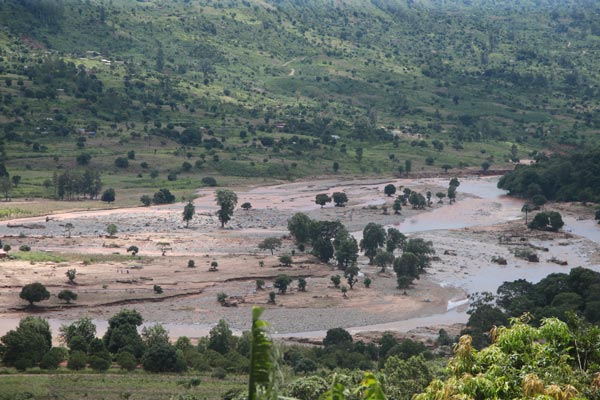
editorial comment
The Environmental Management Agency (EMA) has been accredited as a national implementing entity to the Adaption Fund. The Adaptation Fund was established by parties to the United Nations Framework Convention on Climate Change (UNFCCC) to finance concrete adaptation projects and programmes in developing countries that are parties to the Kyoto Protocol and to allow direct access to climate financing by parties. The fund is an important catalyst to climate action in Zimbabwe and the attainment of sustainable development goal 13, which compels countries party to the UNFCCC to take urgent action to combat climate change. Zimbabwe is the 30th out of 31 countries world over, accredited as national implementing entities under the Adaptation Fund. In Southern Africa, Zimbabwe becomes the fourth national implementing entity to be accredited after South Africa, Tanzania and Namibia.
What are national implementing entities?
National implementing entities are national, regional and multilateral institutions accredited by the Adaptation Fund board to receive direct financial transfers from the fund in order to carry out adaptation projects and programmes. Direct access of funds increases the level of country ownership, oversight, and involvement in adaptation activities and creates stronger accountability of the recipient country to the fund. This removes the intermediary role by transferring the implementing agency functions from third parties to the beneficiary countries themselves.
How will Zimbabwe benefit
The Adaptation Fund is instrumental in advancing a range of adaptation measures aimed at building climate resilience in line with the transitional stabilisation programme, which seeks among other things to mitigate the adverse effects of climate change. Climate change necessitates that we urgently prepare communities at all levels to live with the risk of climate change and this is the thrust of the Adaptation Fund. This climate resilient development initiative being supported by the Adaptation Fund is in line with the government’s national vison of rebuilding and transforming Zimbabwe to become an upper middle-income economy by 2030.
The accreditation comes at a time where Zimbabwe was hard hit by the impacts of climate change, especially the Cyclone Idai that claimed hundreds of lives and destroyed homes, infrastructure, livelihoods and landscapes.
What are Zimbabwe’s priority areas?
- Chamisa under fire over US$120K donation
- Mavhunga puts DeMbare into Chibuku quarterfinals
- Pension funds bet on Cabora Bassa oilfields
- Councils defy govt fire tender directive
Keep Reading
The water sector is one of the worst affected sectors by climate change, especially due to changes and inconsistencies in weather patterns. Another key sector to support under this fund is the agriculture sector, which is one of the main contributors to the gross domestic product, hence financing it and promoting climate smart agriculture will go a long way in ensuring food security and nutrition. Other sectors to consider include energy and biodiversity.
Way forward
There is need for capacity-building for the potential beneficiaries of the fund to encourage participation and involvement in the adaptation process.
Particular focus will be on gender, environmental and social safeguards. Adaptation projects supported by the fund will provide women and men with an equal opportunity to build resilience, address their differentiated vulnerabilities and increase their capability to adapt to climate change impacts. The disbursement process will be done with all efficiency and due diligence to improve the adaptive capacities of our vulnerable communities hard hit by the impacts of climate change.
l For more information on the adaptation fund contact: [email protected]/[email protected]. Follow us on Facebook: Environmental Management Agency and Twitter: @EMAeep or visit our website: www.ema.co.zw. Alternatively, call us on: Tel 086 77006244 and Toll-free 08080028; or use our WhatsApp platform 0779565707. We are ready to listen.











